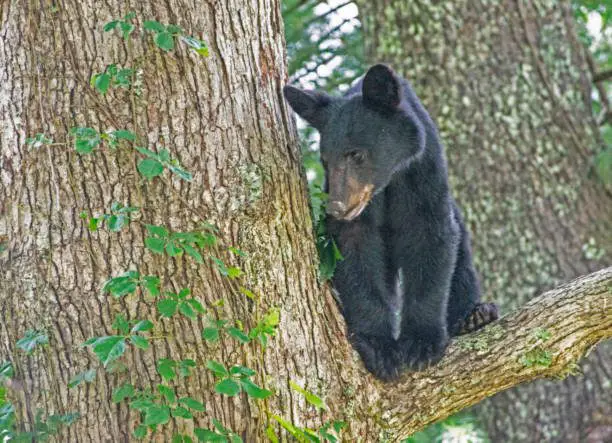The national policy on conservation and sustainable use of biological diversity is an integral part of the national policy on environment. The national policy on environment which was reviewed in 2006/7 further strengthened the biodiversity conservation.
Forest resources increasingly constitute a significant element in our national economy. Unlike in the past when forests were taken for granted because they were found almost everywhere, people are becoming increasingly aware of the direct and far-reaching influences of the forest as the available forests are continually diminishing while the demand for forest goods and services continues to rise.
The administration of forest reserves leaves much to be desired especially when one considers governments’ decisions and policies on utilization of forest resources in meeting the needs and aspirations of citizens.
For the past forty years, the administration of forestry had been monopolized by the state government within the federal structure.
The exclusion of the stakeholders such as (local community dwellers, hunters, farmers, timber contractors and other non-timber resources users) in the administration of forests directly or indirectly has led to poor forest governance and the consequent crises in forest reserves.
Forest Governance
Forest governance can be defined as the management of forest resources within a particular institutional and technical environment bearing in mind the welfare of citizens whose livelihood hinge closely on forest resources and the need to maintain ecological balance.
The technical environment provides the tools and knowledge, which define how a resource is used as a factor of production. The institutional environment defines who controls the resources and how the technique is applied.
In another words, forest governance can be referred to as the process of planning, utilizing and managing forest resources through joint efforts of the governor(s) and the governed (the people).
In such instance, forests are regarded as common property resources or common pool resources. Unfortunately, we do not yet have proper forest governance but purely forest administration devoid of people or users’ considerations.
Government’s efforts of protecting forest are undermined by the fact that government has failed in its responsibility in other areas of life that are critical to the citizens.
For instance, the absence of job opportunities for citizens along-side forest protection program makes forest policy nonsensical and tangential when people who are ready to work at any rate (even by farming), for survival are jobless.
Tourism
Tourism which creates huge revenue for the developed countries due to proper, efficient and workable forest and wildlife policies is grossly lacking in many West African countries.
Read Also : Challenges of Forest Administration and Administration of Forest Resources
Proper implementation of forest and wildlife policies will boost ecotourism, thereby boosting the GDP of the country.
Employment
When we consider the staffing conditions of the state’s forestry services, we discover that most forestry services are underemployed or under- staffed. Productivity is therefore generally low and the cost of administration is enormous.

In certain states, the forestry services are charged with administering the forest policy and law. In addition, since forest administration is business oriented, its primary function are the conservation, management and sale of forest products.
This affords a unique position for forest service to demand good organization, structure and management, competence of the personnel based on the limited overall size of the forest estate and considered along a number of states.
It will be obvious that present administration of forest policy is not economically satisfactory. A good, efficient and workable forest and wildlife policies will create room for more qualified staff to be employed thereby reducing the number of unemployed individual in the country.
Conservation of Nature’s Heritage
Nature’s heritage will be preserved in perpetuity if forest and wildlife policies, laws and administration are further strengthened by the necessary authority.
Encroachment
Weaknesses in the enforcement of forestry law could encourage open access to the forest resource. This could also result in encroachment of other competing land uses such as agriculture and urbanization, thus decimating the forestland area.
Weaknesses in implementation of the management plan could result in under or over exploitation of the forest resource, thus leading to inefficiency. An estimated 45% (74,942 ha) of the forest reserve is devoid of forest trees.
This could threaten economic stability and growth and food security. Weaknesses in enforcement of forestry law could provide indigenous communities opportunities to reap perceived benefits from the forests, which the government has denied them for the past years.
Attempt has been made by the State government to incorporate the indigenous communities in the development of management plan and enforcement of forestry law.
In conclusion, forest and Wildlife policies, laws and administration impact on the society positively and negatively depending on how strong or weak these policies and laws are being implemented.
Some developing countries are still very slow in enforcing forest and wildlife policies and laws. Thus, there is an urgent need for proper implementation of forest policy as a strong safeguard for providing best option for halting forest decline as well making the required contribution to the well-being of the society.
Read Also : Basic Guide for Proper Treatment of Fish and Fish Diseases

